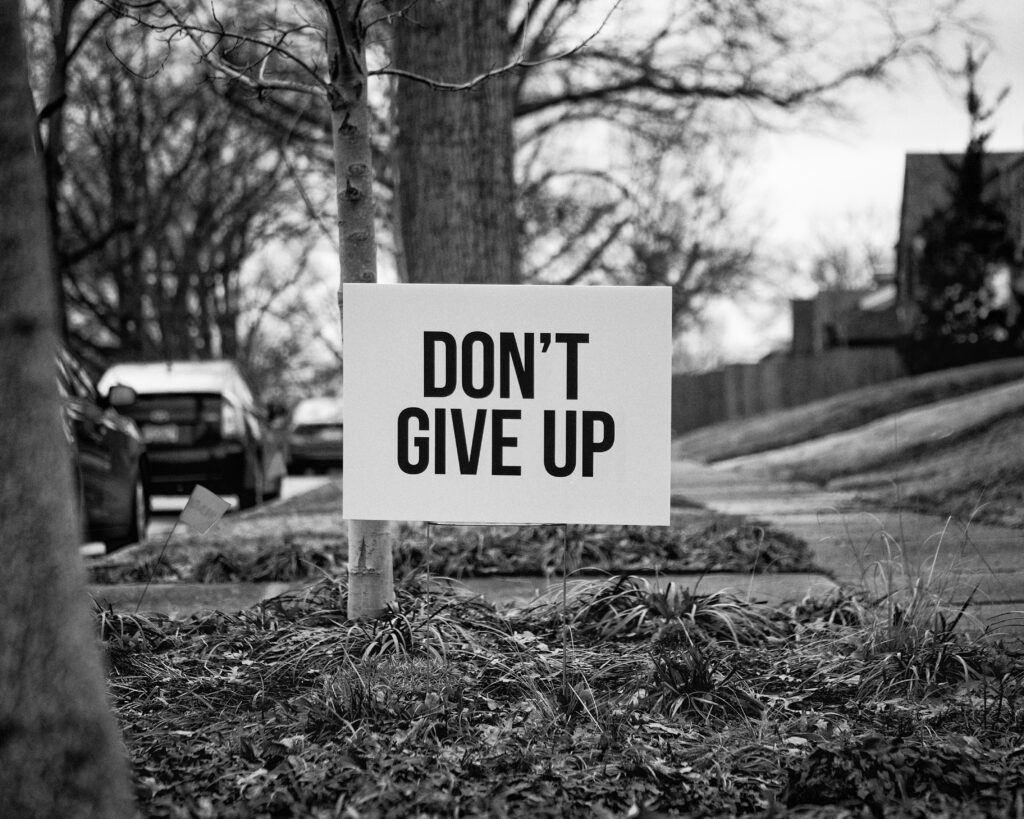If you are considering sober living, you may find yourself reflecting on the question, “will sober living increase my health?” When answering this question it is important to keep a few things in mind. First of all, it is important to keep in mind that there are multiple different types of human health. These include physical health, emotional health, mental health, and spiritual health. It is also important to keep in mind that living in addiction is guaranteed to decrease your health in just about every way possible.
With these factors in mind, the simple answer is yes, sober living will increase your health, and in more ways that you might expect. When people think of health, they generally think of physical health first. There are many ways in which sober living helps to impact the physical health of addicts. Drugs and alcohol have a negative impact on all the organs of the human body, so naturally removing them will improve physical health in many ways. Sober living can also include learning to prepare and consume healthy meals, stay hydrated, and stay active. Many sober living initiatives encourage exercise like yoga, group sports, and running.
Mental Health
Mental health plays a huge role in addiction. When addressing addiction issues, it is important to understand the role of mental health, trauma, stress, and coping mechanisms in triggering those issues. Oftentimes, people experience mental health issues before they ever try a substance. This makes them more susceptible to addiction without even realizing it. Mental health also plays a huge role in long term sobriety. In sober living, people often have the opportunity to address life long mental health struggles that have plagued them for years. Some people get sober on their own, but additional therapy, trauma counseling, and professional resources help to facilitate high quality, long term recovery. This does not discount the fact that mental wellness naturally increases in many ways in sober living. People find their minds to be more engaged, more informed, more challenged, and more “turned on” overall once they have removed the plague of addiction from their day to day lives.
Spiritual Health
Spiritual health is also vital for long term sobriety. Spiritual health does not require religious participation but in many cases it does require faith. Faith keeps the spirit strong, as do hope, willpower, love, and kindness. Spiritually healthy people have morals and principles by which to live. They are able to see a meaning and an order develop out of the chaos of the universe. When struggling with addiction, it is nearly impossible to work on your spiritual health.
In sober living, spiritual health is able to come to the forefront. Reflection and meditation are utilized in a variety of different spiritual practices as well as sober living practices. There is great merit to this coincidence. Spiritual health is an important key to long term sobriety, and it is difficult to acknowledge or prioritize when having a go at sobriety completely on your own. Sober living helps to provide some structure to the spiritual chaos at hand when confronting addiction.
Emotional Health
Emotional health is yet another area of human health that can be massively improved through sober living. Interpersonal relationships and intra-personal feelings both contribute to emotional health and they are both often plagued with poor choices and poor judgment while in active addiction. Sober living helps to create a framework for future emotional health. Emotionally healthy, sober people feel better, make better decisions, contribute to society more, and have a better chance at helping others. They are better parents, children, brothers, sisters, spouses, bosses, teachers, and community leaders.
If you have a chance to do something for yourself that could increase your health is every way possible, it is important to take advantage of that opportunity. If you are asking yourself if sober living will increase your health, there is a significant chance that you already know the answer to that question. If you are living in active addiction, there are resources that can get you started on a path toward sober living and true long term inner peace and happiness. Our counselors are available 24 hours a day. Call 732-392-7311.

